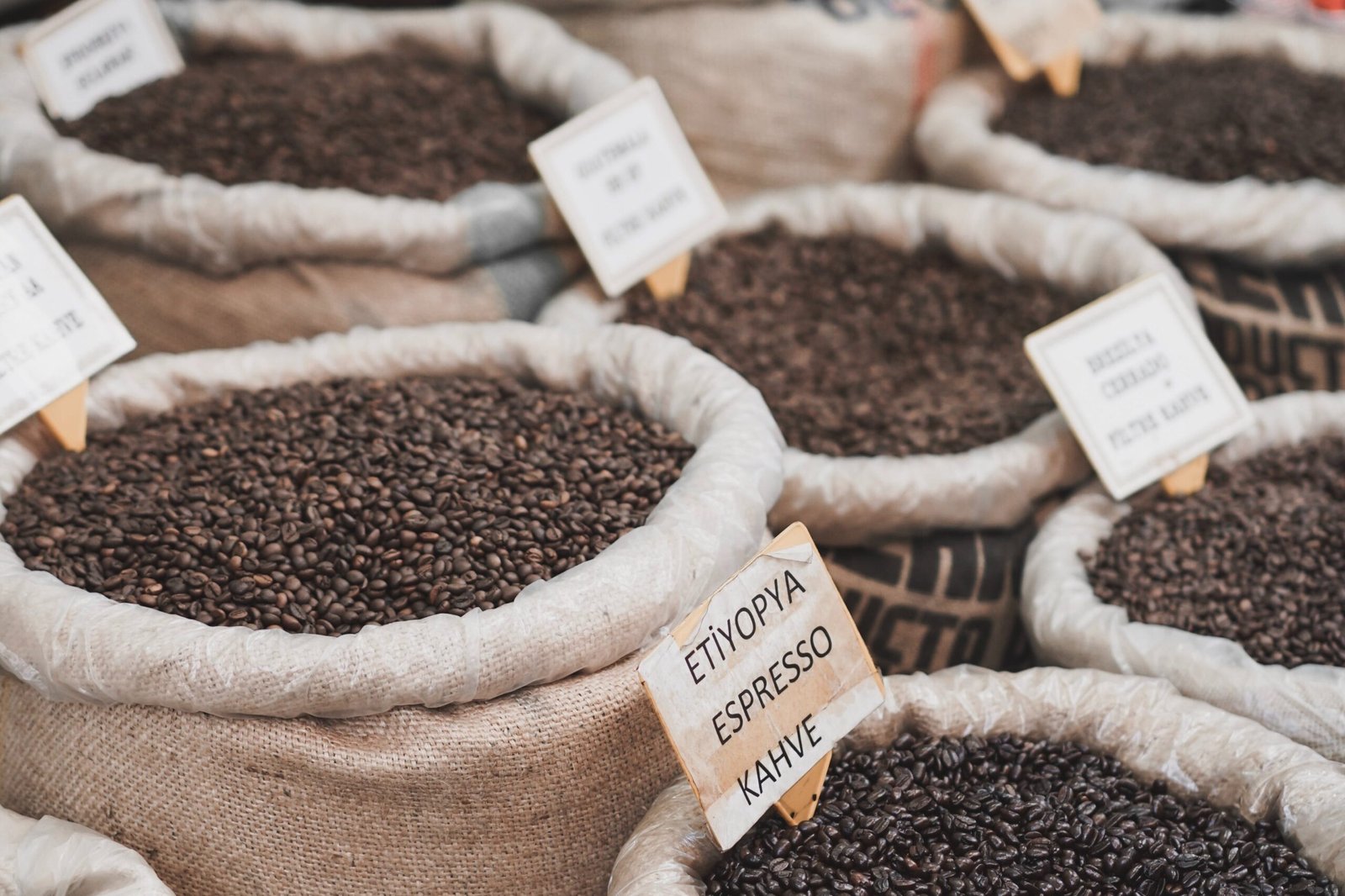
When it comes to coffee, one country that often comes to mind is Colombia. Known for its rich coffee culture and high-quality beans, Colombian coffee has gained a reputation for being one of the best in the world.
However, many other countries also produce exceptional coffee. In this blog post, we will explore the differences between Colombian coffee and blends from other countries, and why Colombian coffee stands out.
Colombian Coffee: A Brief Overview
Colombia is the third-largest coffee producer in the world, and its coffee industry has a long and storied history. The country’s unique geography, with its high altitude and volcanic soil, provides the perfect conditions for growing coffee beans. Colombian coffee is known for its mild and well-balanced flavor, with hints of caramel and chocolate. It is often described as having a smooth and clean taste.
Global Blends: A World of Flavors
While Colombian coffee is undoubtedly delicious, it is important to acknowledge the wide variety of flavors that can be found in coffee from other countries.
Each region has its own unique climate, soil composition, and growing techniques, resulting in distinct flavor profiles.
For example, Ethiopian coffee is known for its fruity and floral notes, with flavors that range from blueberry to jasmine.
Brazilian coffee, on the other hand, tends to have a nutty and chocolatey taste, with a heavier body. Costa Rican coffee is often praised for its bright acidity and citrusy undertones.

Why Colombian Coffee Stands Out
While global blends offer a diverse range of flavors, Colombian coffee has several characteristics that make it stand out from the crowd.
Quality Control
Colombia has a rigorous quality control system in place to ensure that only the finest beans make it to market. The Colombian Coffee Federation (FNC) oversees the entire coffee production process, from planting to harvesting to processing. This commitment to quality has earned Colombian coffee a reputation for consistency and excellence.
Sustainability
Colombian coffee farmers are dedicated to sustainable farming practices. Many farms in Colombia are Rainforest Alliance certified, which means they meet strict environmental, social, and economic criteria. By supporting Colombian coffee, consumers can enjoy their cup of joe with the knowledge that it was produced in an environmentally responsible manner.
Social Impact
The Colombian coffee industry plays a significant role in the country’s economy, employing thousands of people. By choosing Colombian coffee, consumers are supporting the livelihoods of coffee farmers and their communities.
Cultural Significance
Coffee is deeply ingrained in Colombian culture. It is not just a beverage, but a way of life. Coffee plays a central role in social gatherings and is often enjoyed with friends and family. Colombian coffee represents a rich cultural heritage that is passed down from generation to generation.
Conclusion

While there are many exceptional coffees from around the world, Colombian coffee stands out for its quality, sustainability, social impact, and cultural significance.
Whether you prefer the mild and balanced flavor of Colombian coffee or the unique taste of global blends, one thing is certain – coffee lovers are spoiled for choice.
So go ahead, savor your cup of Colombian coffee or explore the flavors of other countries. Either way, you’re in for a delightful coffee experience.